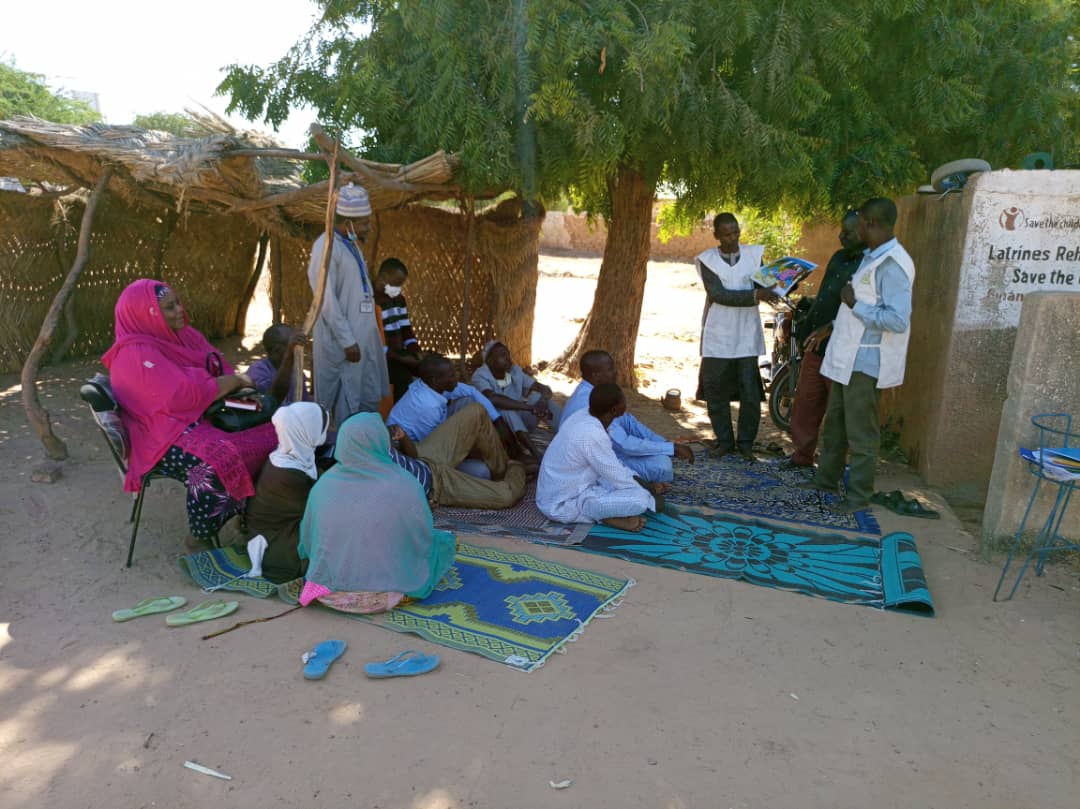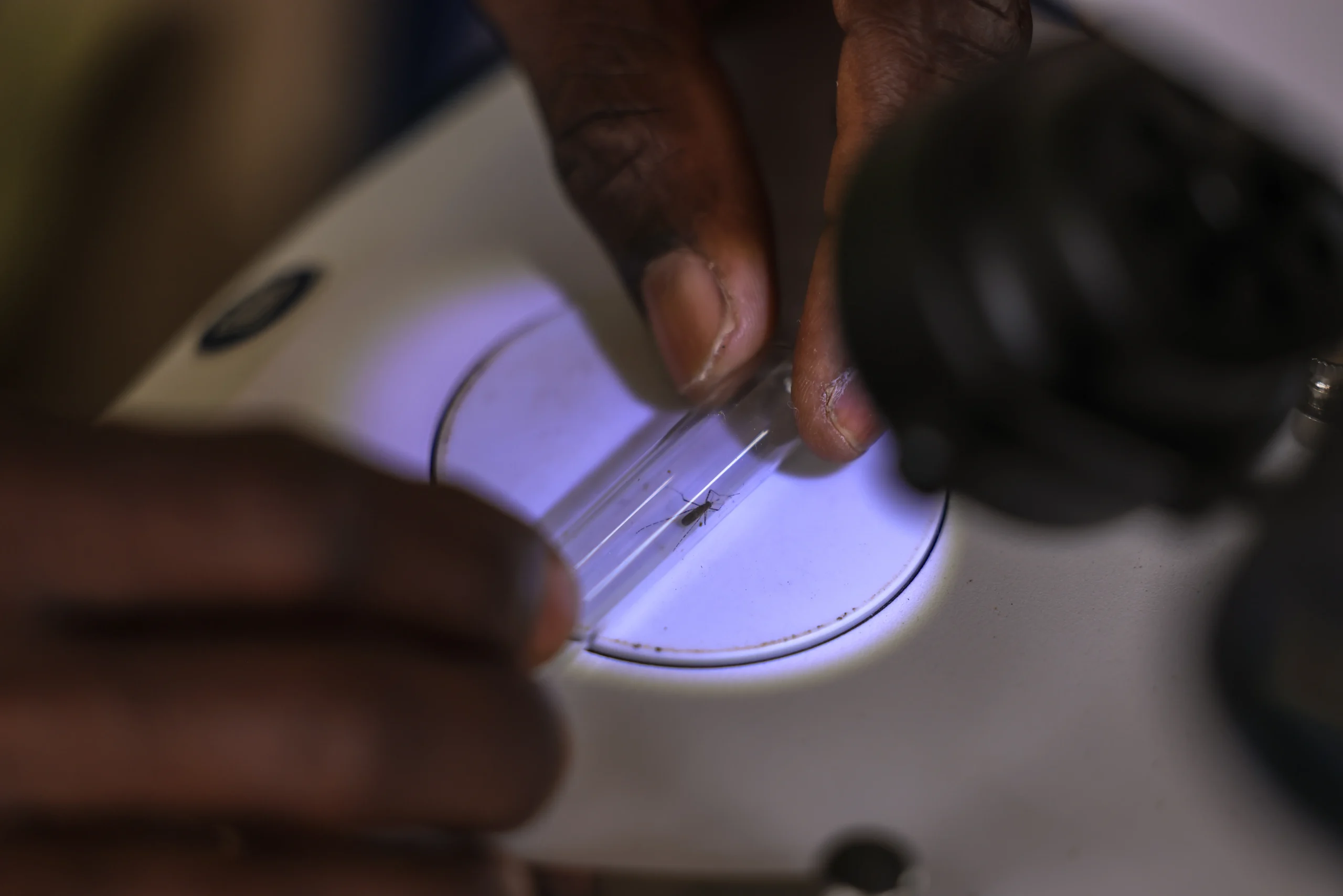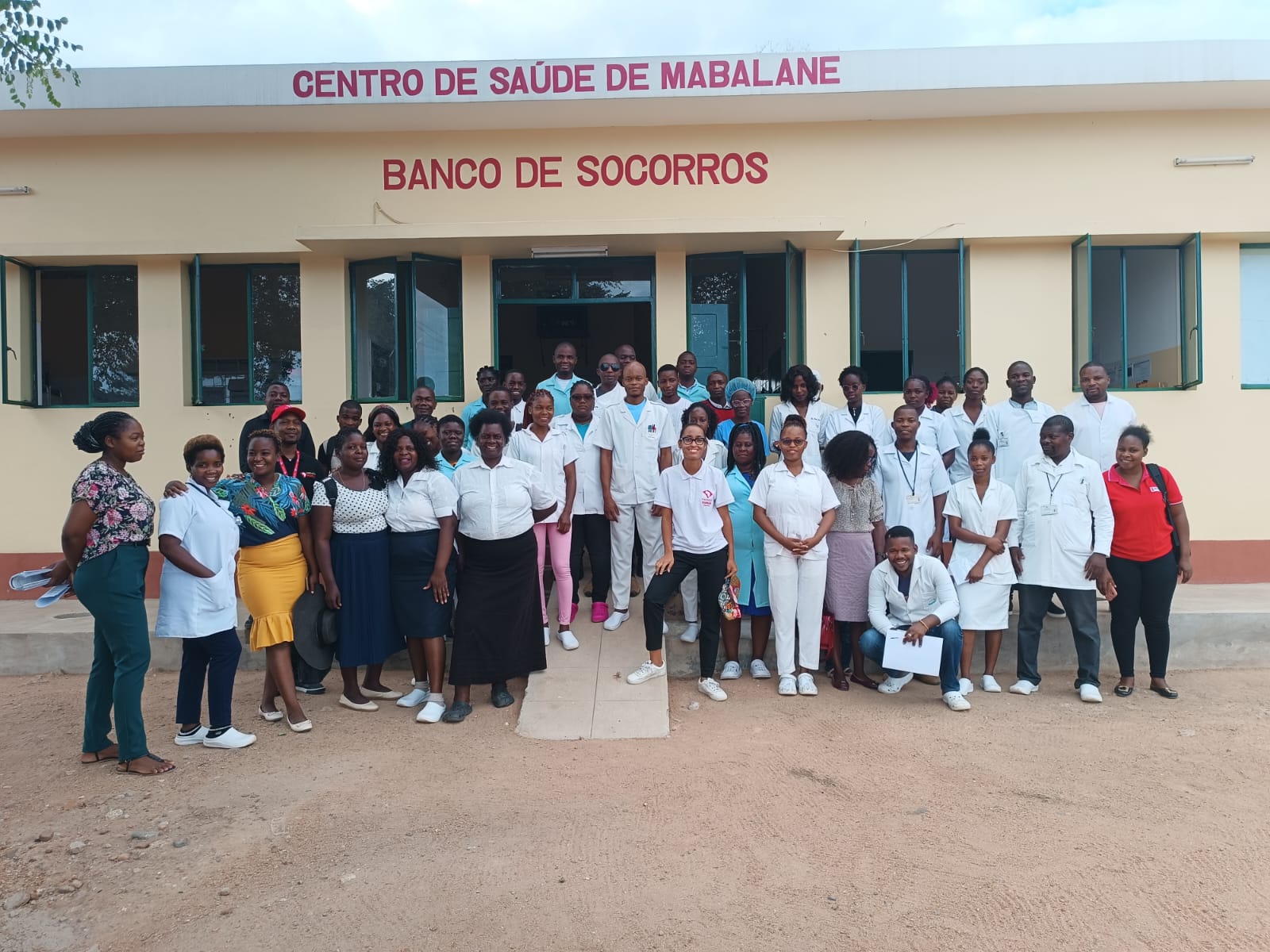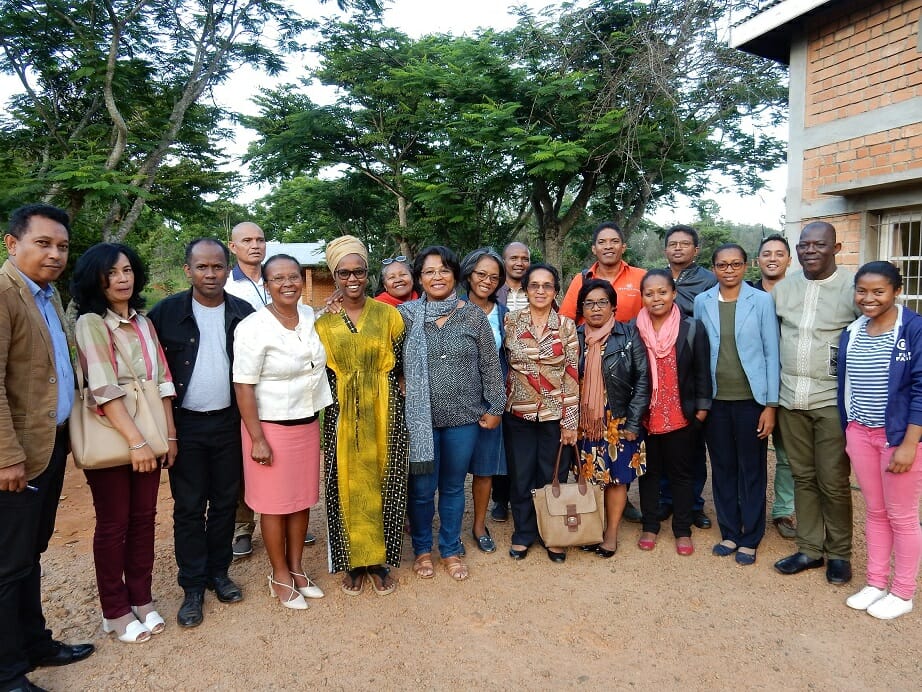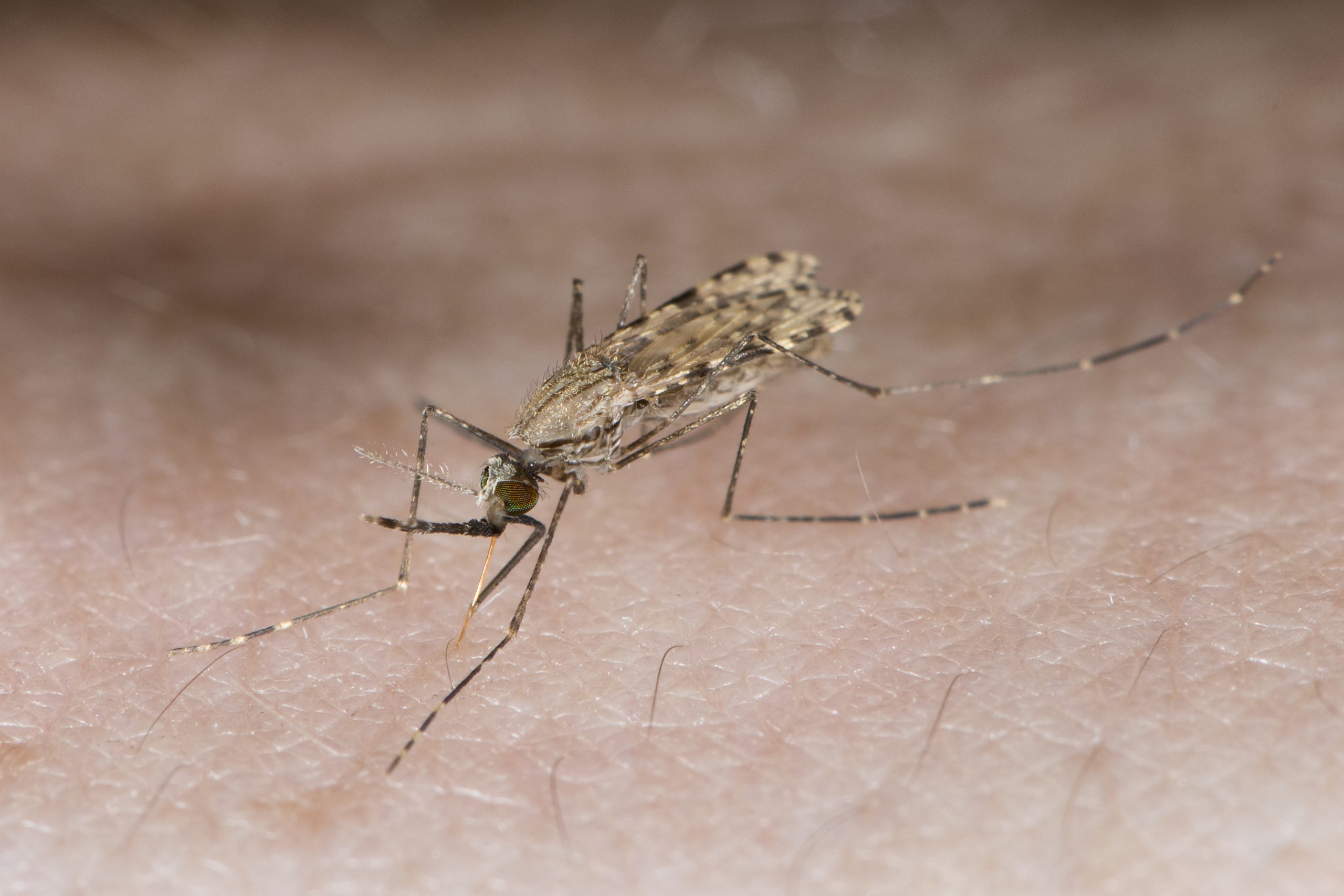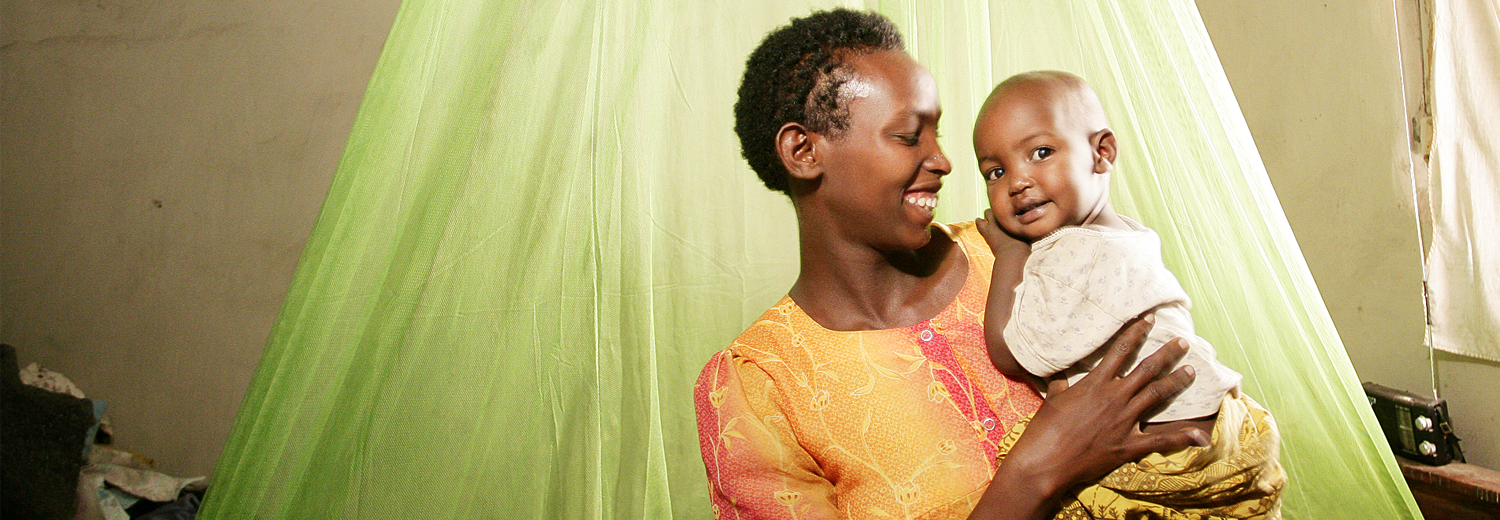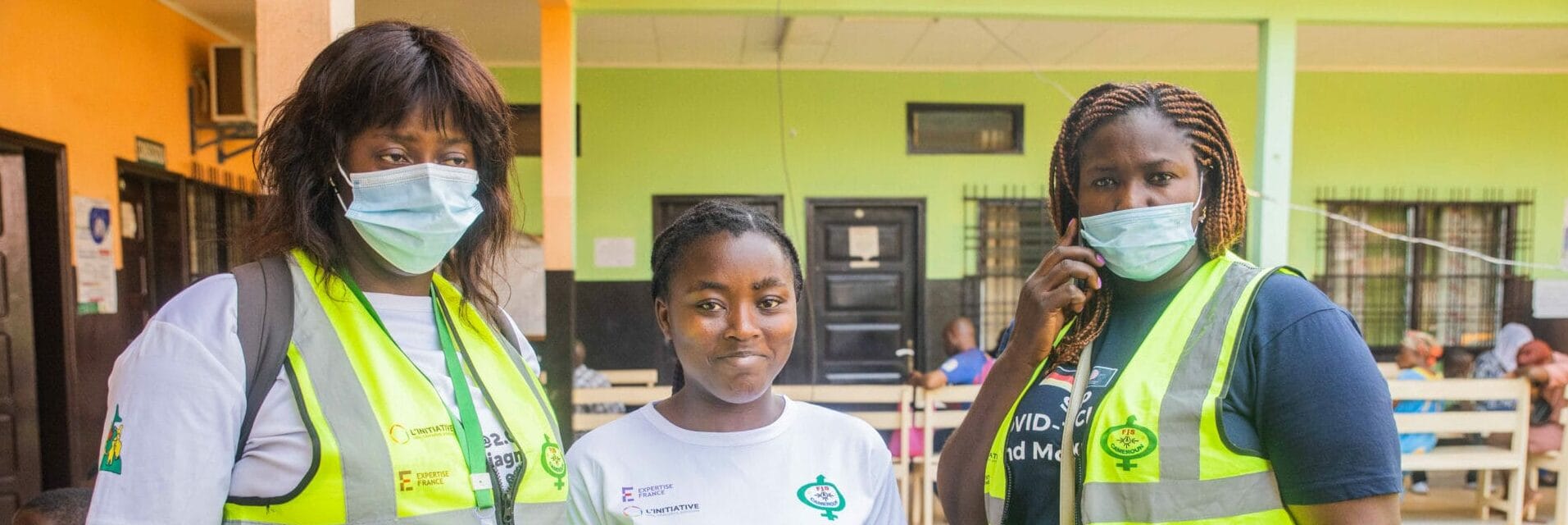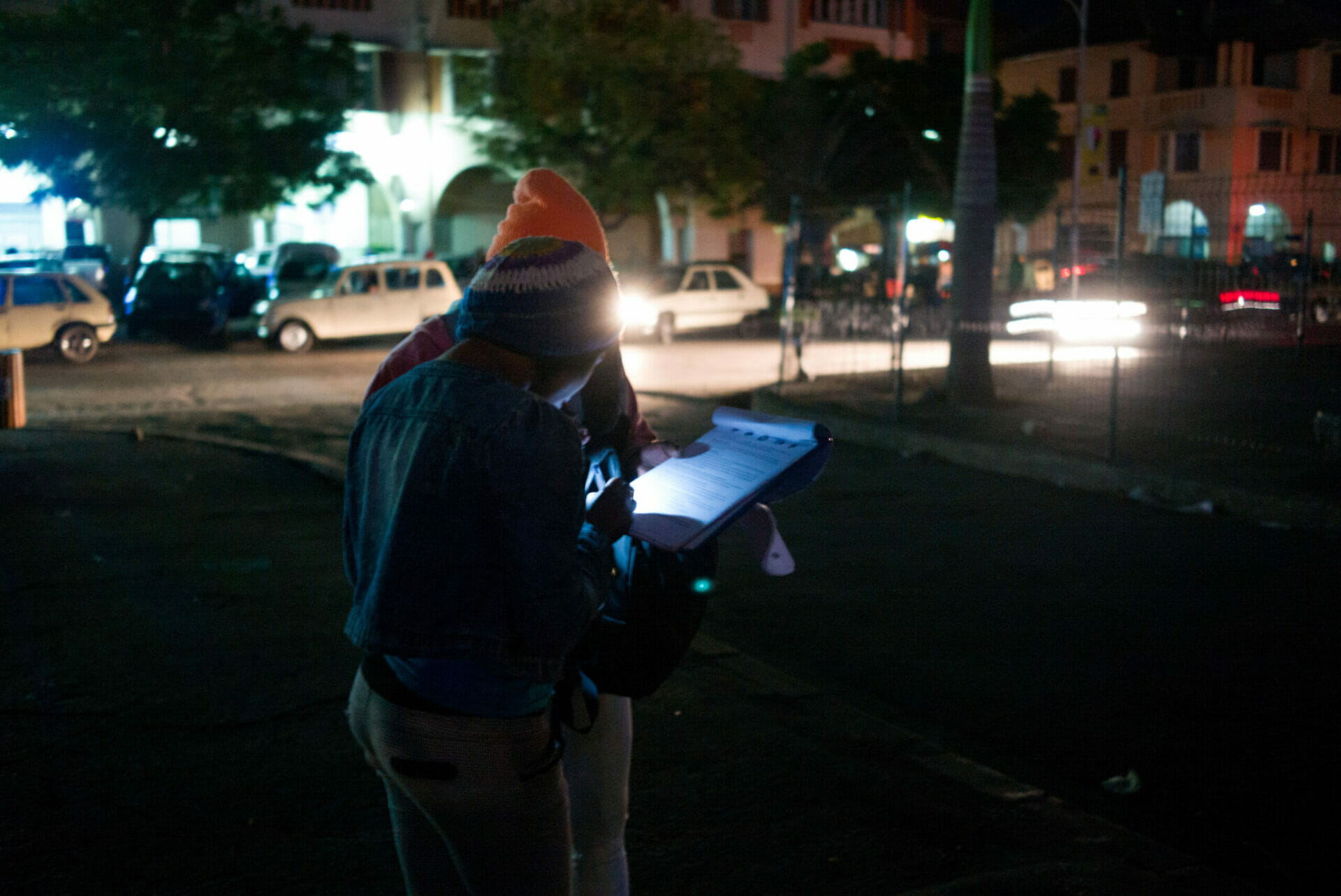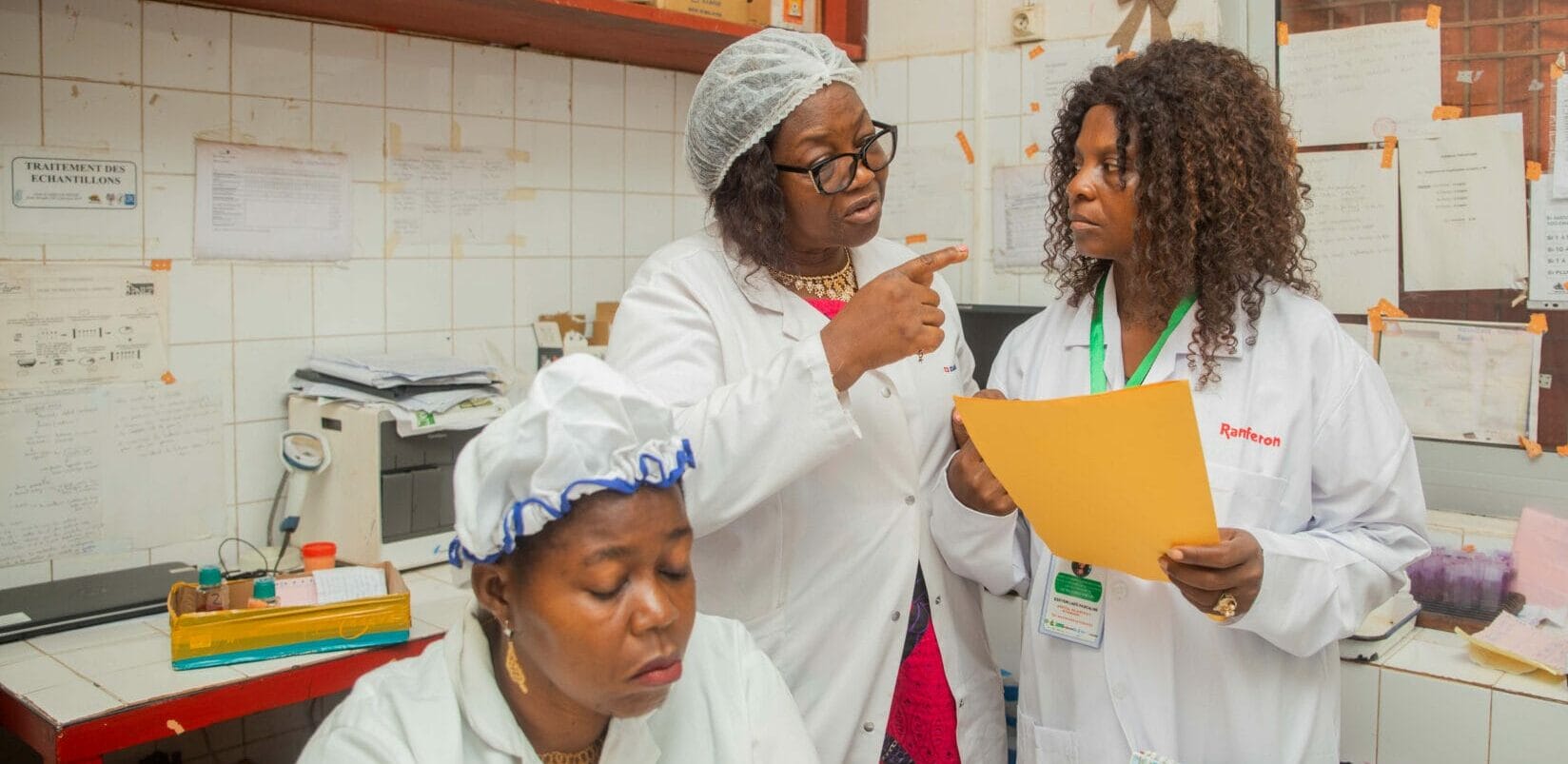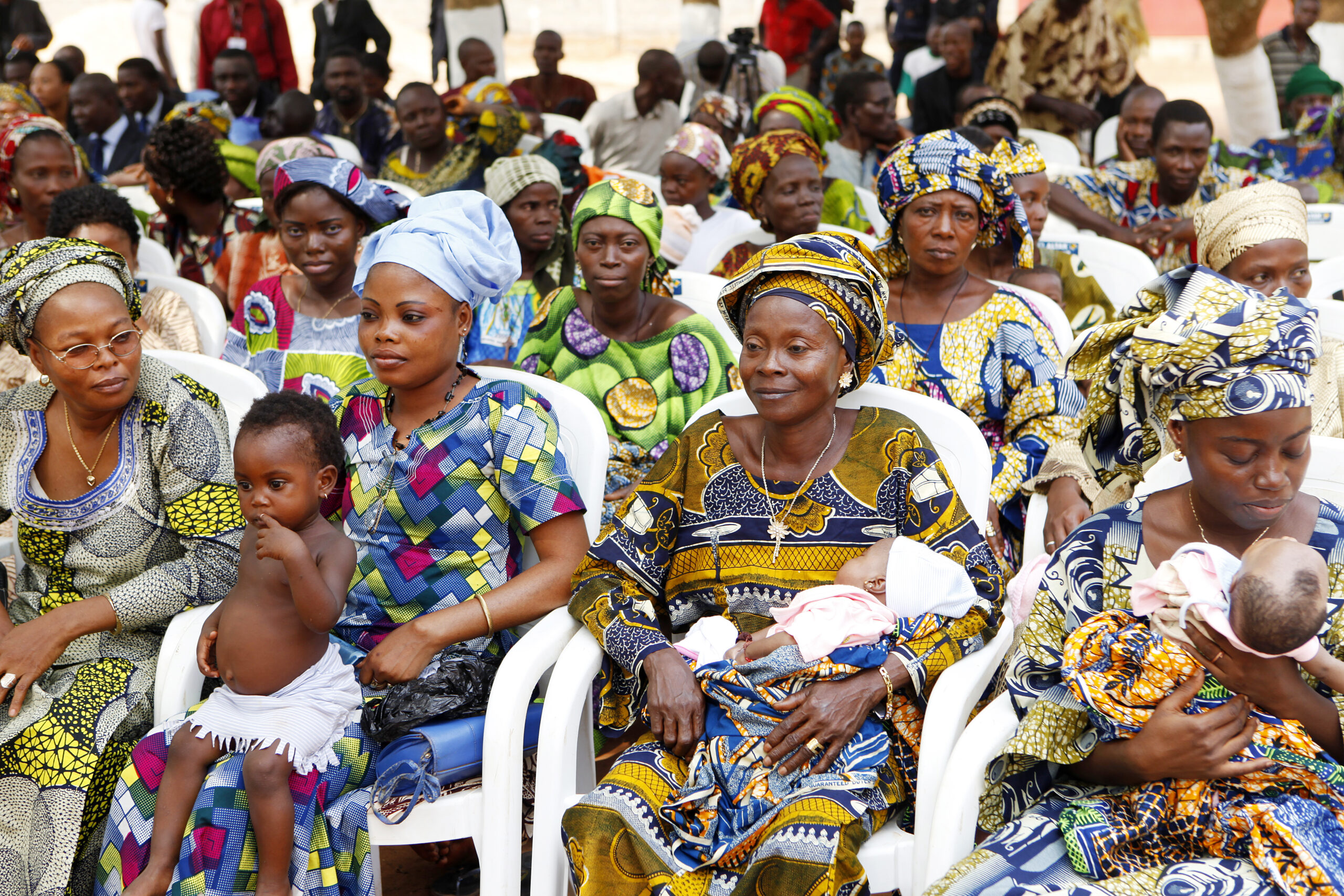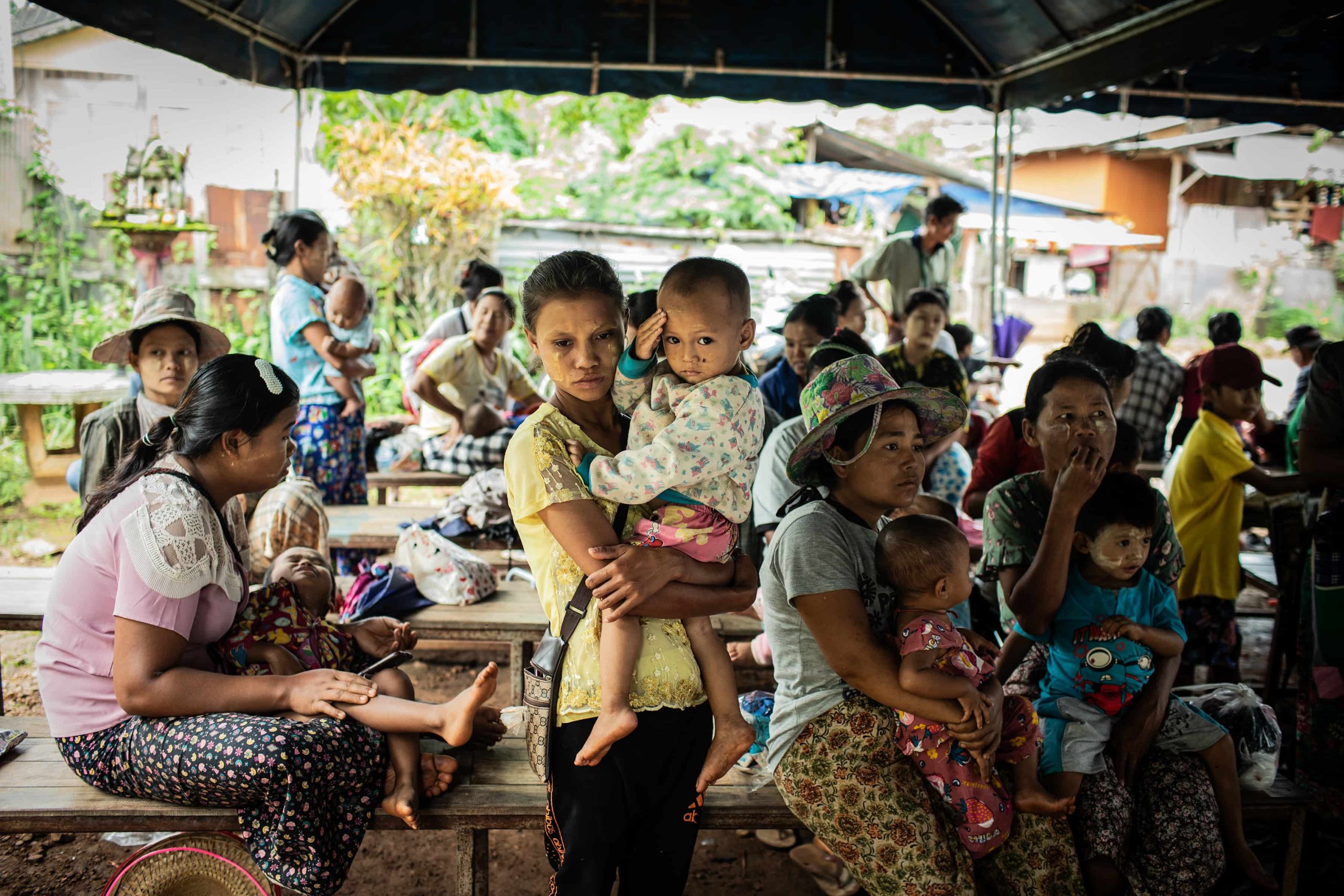Putting the tuberculosis response at the heart of communities
From pilot to long-term project
The “Halartar Al’Umma” project is a continuation of the “RECAP TB AOC” project, implemented by Alliance Côte d’Ivoire between 2019 and 2020 with funding from L’Initiative. This pilot project set out to build the capacity of stakeholders to increase the provision of community services for the diagnosis, treatment, and care of tuberculosis. The project’s ambition was to instill sustainable community engagement in the response to tuberculosis in four countries (Cameroon, Benin, Niger, and Chad), centered on the patient and sensitive to gender and human rights issues.
Based in particular on the results of RECAP TB in Niger, the consortium of Nigerien non-governmental organizations SongES, ONEN, and ODI, in partnership with Plan International Niger and the National Tuberculosis Control Program, submitted the Halartar Al’Umma project to L’Initiative as part of the 2020 call for proposals.
Increasing tuberculosis detection in Niger
More than 40% of expected tuberculosis cases go undetected in Niger. There are large variations between different regions of the country, but also between population groups, indicating that some groups are screened more than others. Barriers to accessing health services persist for tuberculosis patients who are stigmatized and for women who face economic and socio-cultural barriers. Finally, certain groups at high risk of contracting the disease, such as people living with HIV, prisoners, miners, and children under five, still do not receive sufficient care. This is the challenge the Halartar Al’Umma project responds to: increasing the detection of tuberculosis and the rate of treatment success within the general population, but also among vulnerable populations in the regions of Zinder, Maradi, Tillabéri, and Dosso.
Boosting community networks to reach the most vulnerable
In line with the new community health strategy development at the end of 2020 in Niger, Halartar Al’Umma will boost networks of community outreach workers, enabling them to expand their scope of intervention to signpost a greater number of people (those under 14 in particular) toward tuberculosis diagnosis and to support people on antituberculosis treatment until treatment is successful. Traditional practitioners and private healthcare providers will also be involved in order to support the detection and referral of suspected cases to diagnosis and treatment centers.
In terms of vulnerable groups, networks of PLHIV peer educators, prisoners, and gold panners will be strengthened to improve prevention and increase screening for these groups. The project will also involve tackling barriers related to gender and human rights by working with female community outreach workers during prenatal consultations, sensitizing community and religious leaders, and working with husband schools, etc.
This project is currently in the negotiation phase and should begin in June 2021.
